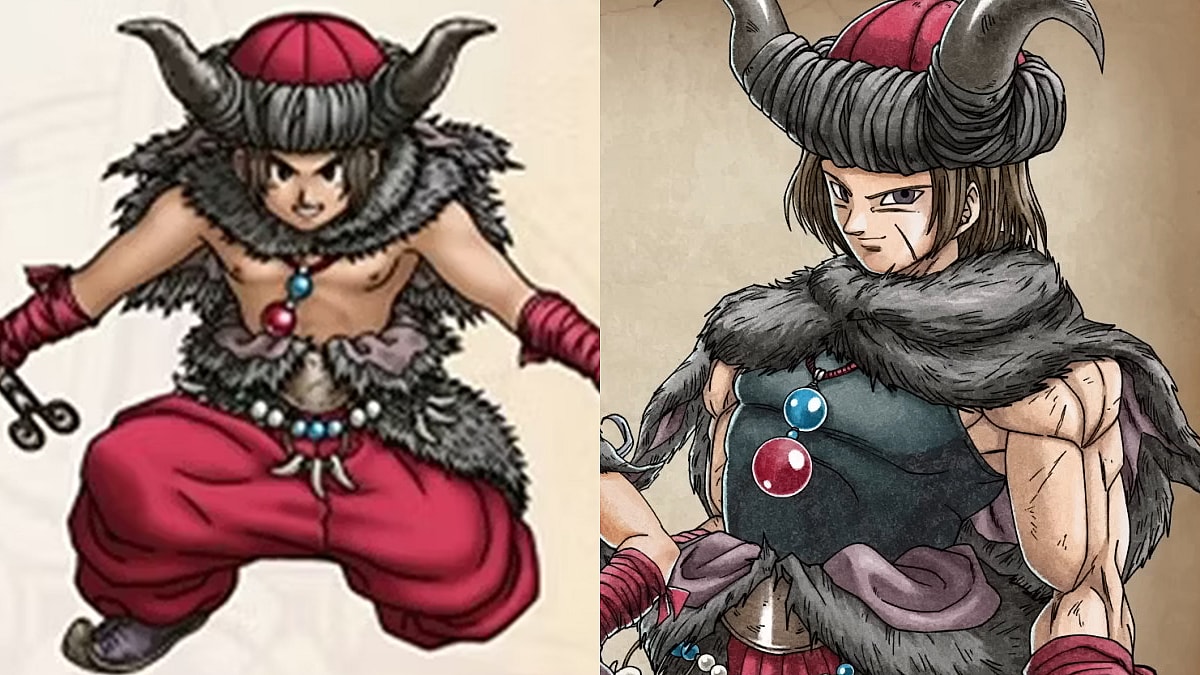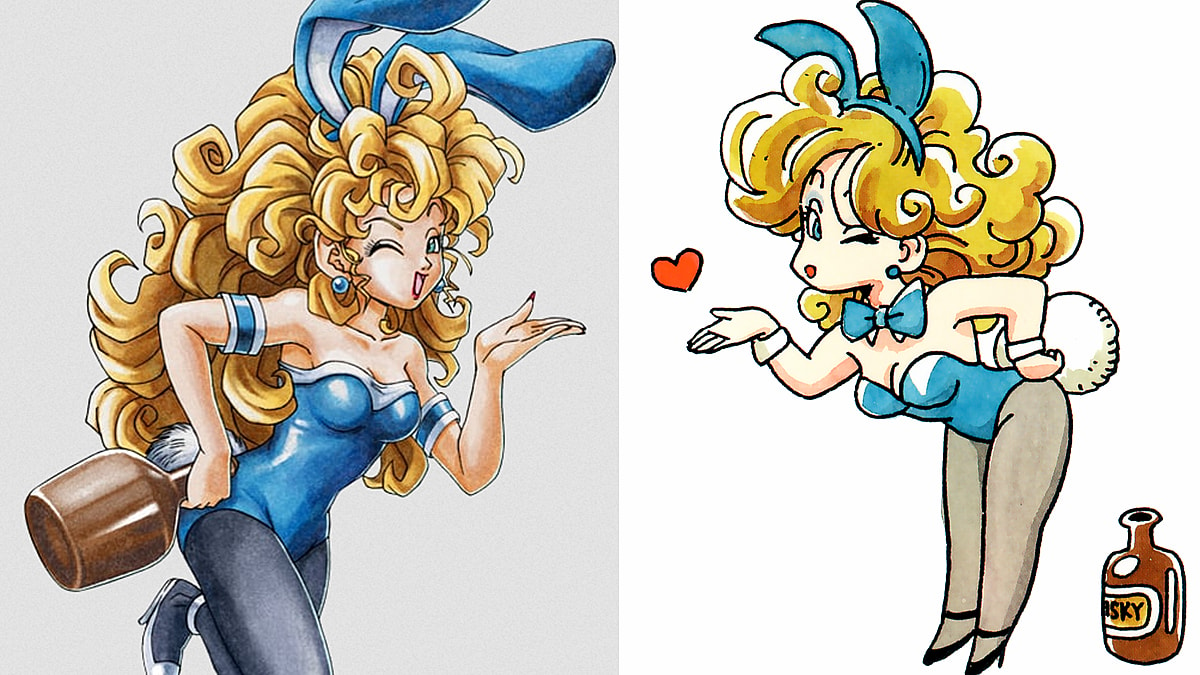Former Shonen Jump Editor-in-Chief Reveals Japanese Media Being Censored Due To American Content Standards: “Japan Is Also Badly Influenced By That”

According to former Shonen Jump Editor-in-Chief Kazuhiko Torishima, the Japanese video game, manga, and anime industries’ recent turns towards censorship are not the result of creators’ own voluntary actions, but rather their being forced to comply with America’s own puritanical content standards.

Torishima, who served as the late Akira Toriyama’s editor through the entirety of Dr. Slump and the first half of Dragon Ball before being promoted to the head of Shueisha’s premiere manga magazine from 1996-2001, provided this insight into the ongoing East-vs.-West standards battle while giving an interview to Japanese video game news outlet Den-fami Nico Game Magazine alongside Dragon Quest creator Yuji Horii.
Per a transcript of the conversation’s relevant excerpt provided by fellow Japanese video game news source Game’s Talk and machine translated by Google Translate, amidst a general conversation regarding their respective careers, the two esteemed creators were asked by their host Naz Chris, herself dressed as the Hero from Dragon Quest III, about the decision to cover-up the Female versions of the game’s Warrior and Gadabout classes, as well as the male Monster Wrangler in its upcoming HD-2D Remake.
[Time Stamp: 06:12:47]
At the onset of their discussion, Chris turned the group to the topic with an observation that “the costumes were a big topic of discussion,” to which Horii explained, “Well, there are a lot of restrictions. Like you can’t be too revealing.”
Pressed in turn by his host, “I mean, it’s fiction, but isn’t it fine for you, the protagonist, to go on an adventure in it?’ Is that wrong? It’s a game. It’s non-fiction in the virtual experience of fiction, so I think it should be fun,” Horii admitted, “I don’t know. I really don’t know though. If you reveal too much, the [target] age group will increase. Or maybe it won’t be suitable for all ages.”

With Chris still baffled by this logic, as evidenced by her admittance that she “didn’t think that at the time”, Torishima interjected to reveal that one of, if not the main factors in the determining of these restrictions was a given production’s ‘compliance’ with overseas standards – and particularly those of the good ol’ U.S. of A.
“Compliance is an ‘absolute god’,” said the Shonen Jump editor who greenlit such hits as One Piece, Naruto, and even Yu-Gi-Oh!. “There is something like evil in the name of good. It’s not like everyone doesn’t feel uncomfortable. Because not everyone has different ideas about what is good and bad, like clean and dirty. At the root of everything, there are a few things that you absolutely must not do, and if you don’t do those things, everything else will be fine, right? That doesn’t exist.”

“The idea of sex education that comes from religious concepts from the West is in America, right?” he continued. “Their idea of compliance is really narrow. When publishing comics over there, you have to separate them by age. If it’s a Shonen Jump manga, you can’t publish it unless it’s 13 years old or older. You have to do all the retakes. You have to take out insurance in case of a lawsuit. It’s really troublesome. That’s why Japan is also badly influenced by that.”
Putting a stamp on his colleague’s words, Horii ultimately affirmed, “You can choose a male or female protagonist, but you can’t say that you choose a man or a woman. They are type 1 and type 2. I wonder who on earth would complain if we made them male and female. I don’t know.”

At present, the pair’s next related project, Dragon Quest III HD-2D Remake, is slated to hit shelves in all its ‘modern audience’ glory on November 14th
